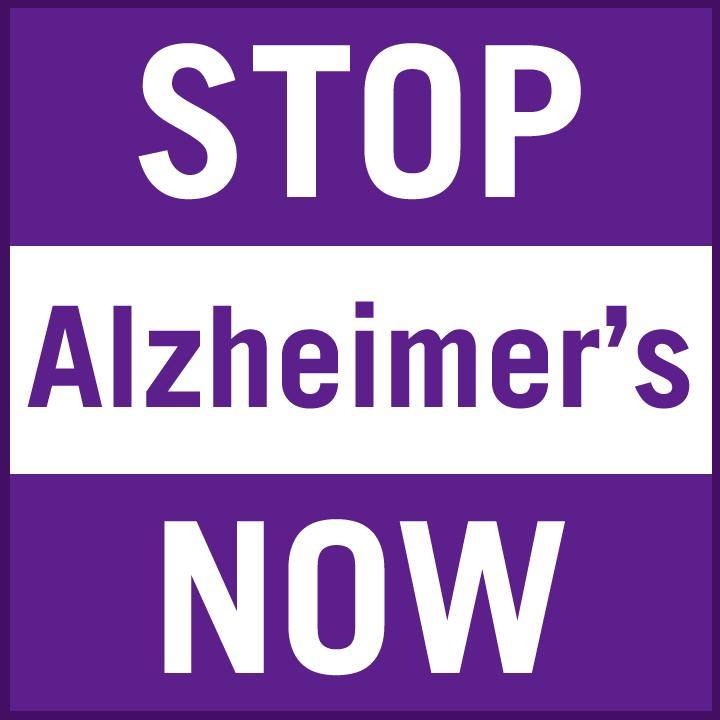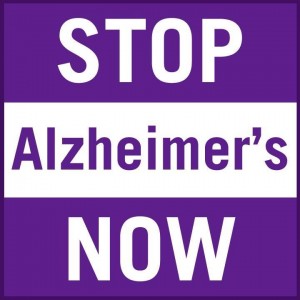Dementia presents many challenges, one of the most critical being consistent medication adherence. For those living with dementia, it is easy to forget doses or take medications incorrectly, leading to worsened health outcomes and increased caregiver stress. Fortunately, voice medication reminders are emerging as an effective, user-friendly tool to support medication management tailored for dementia sufferers’ unique needs. This article explores the many benefits of voice reminders and why they should be considered essential in dementia care.
Understanding the Medication Adherence Challenge in Dementia
Medication adherence becomes particularly difficult as dementia progresses due to memory loss, cognitive decline, and confusion around treatment regimens. Research shows cognitive impairment is a major barrier to proper medication intake in elderly patients, often resulting in missed or incorrect doses that affect health stability (Kamimura et al., 2012). Caregivers frequently struggle to balance supervising medication routines with other responsibilities, making automated reminders a valuable assistant.
How Voice Medication Reminders Improve Adherence for Dementia Patients
Voice medication reminders use spoken prompts delivered through phones, smart speakers, or other devices to notify patients when and how to take prescribed drugs. Unlike traditional visual or vibrating alarms, voice reminders provide personalized, clear, and accessible cues that dementia sufferers—especially those with visual or cognitive impairments—can easily understand.
A study involving elderly patients with mild cognitive impairment found that using medication reminder devices significantly improved medication adherence after just a few months [1]. Voice prompts help patients remember not only the timing but also the specific medication instructions, reducing errors and improving consistency. This leads to better disease management and helps maintain cognitive and physical health for longer.
Enhancing Independence and Reducing Caregiver Burden
One of the key benefits of voice medication reminders is the potential to foster greater independence in individuals living with dementia. By receiving regular, easy-to-understand spoken prompts, patients feel more empowered to manage their own medication schedules without constant caregiver intervention. This independence is critical for preserving dignity and quality of life.
In turn, caregivers benefit from reduced anxiety and stress related to medication oversight. With reminders in place, caregivers can trust that patients are being prompted correctly, allowing them to focus on other care needs. Research shows that memory aids like voice reminders not only improve patient wellbeing but also positively impact caregiver stress and relationship quality (Edwards et al., 2024) [2].
Accessibility and Ease of Use for Dementia Patients
Dementia often comes with sensory impairments and difficulty processing complex information. Voice medication reminders provide a highly accessible format that is easier to comprehend than text or visual alarms. Spoken instructions can be repeated or personalized to match the patient’s language and cognitive level.
Studies also highlight the usability of voice assistants among older adults, noting their intuitive, hands-free operation as a major advantage (Liu et al., 2023) [3]. Voice reminders eliminate the need to interact physically with devices, making medication prompts accessible even during moments of confusion or physical limitations.
The Power of Personalization: Familiar Voices and Tailored Prompts
Research shows that voice reminders delivered in familiar voices—such as a family member or trusted caregiver—can significantly increase acceptance and effectiveness (Penaranda Valdivia et al.) [4]. Personalization makes reminders more comforting and engaging, reducing the likelihood of patients ignoring or becoming distressed by automated prompts.
This personalized approach can be extended to modify messages according to the dementia stage and medication regime, ensuring that prompts remain relevant and supportive throughout disease progression.
Integration with Modern Technology Ecosystems
Voice medication reminders are increasingly integrated into smartphones, smart home devices, and medication management apps, enhancing their effectiveness. Apps like Medisafe provide reminders to both patients and caregivers, linking adherence tracking with alerts and reports (Voise Foundation) [5].
Popular smart assistants such as Amazon Alexa, Google Assistant, and Apple Siri can be programmed to deliver voice medication reminders, enabling seamless support in home environments and enhancing daily routines for dementia patients and their families (Salai et al., 2022) [6].
Conclusion: Voice Medication Reminders as a Vital Tool in Dementia Care
Voice medication reminders offer a powerful combination of improved adherence, greater independence, and caregiver support tailored specifically for dementia patients. By replacing or supplementing traditional reminder methods with clear, personalized spoken cues, health outcomes can improve while easing caregiver burden.
Families and care teams should explore these technologies as part of a comprehensive dementia care strategy. Early adoption can foster routine medication habits, prolong patient autonomy, and enhance overall wellbeing.
Did You Know?
Memo24 pill reminder service is an automated phone call reminder service, it is used around the world to help the elderly live a more independent life at home.
Memo24 is simple to set up and affordable, with no subscription and no hidden fees.




